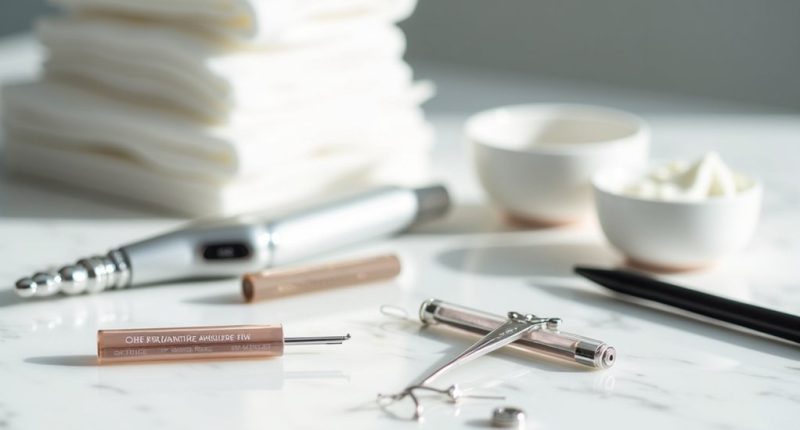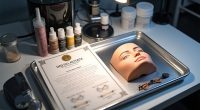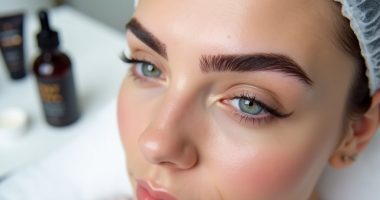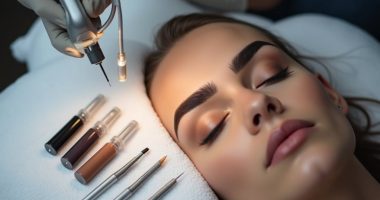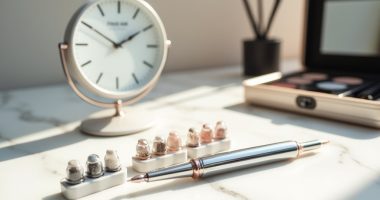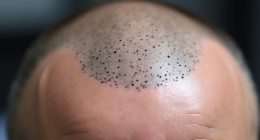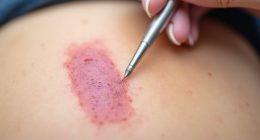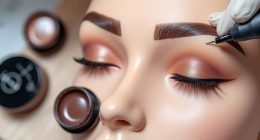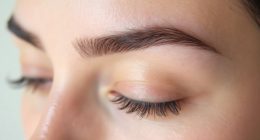Permanent makeup saves precious morning minutes while delivering consistent results. No more smudged eyeliner or faded lipstick during workouts or swimming. Popular services include microblading for sparse brows, lip blushing for fuller-looking lips, and permanent eyeliner for effortless definition. Results last between one and five years, depending on skin type. The industry's booming $41.49 billion valuation isn't just about convenience—it's about confidence that doesn't wash off at night.
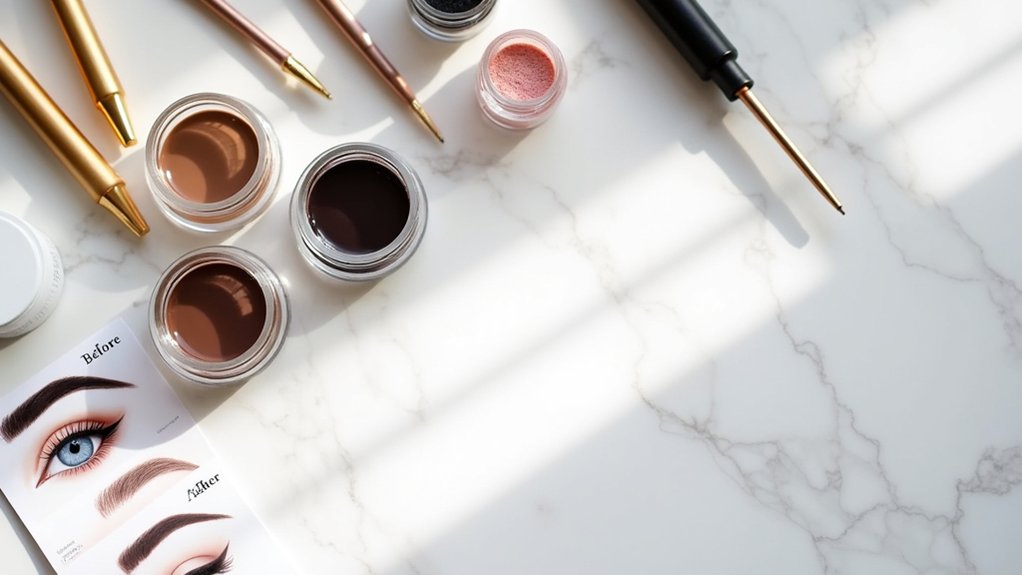
Why spend hours in front of the mirror every morning? Permanent makeup offers a solution for those tired of daily beauty routines. It's exactly what it sounds like—cosmetic tattoos that mimic makeup. And they last for years, not just until you wash your face.
Women (and men) are flocking to studios for microblading techniques that transform sparse brows into perfectly shaped arches. The process involves tiny needles depositing pigment beneath the skin, creating hair-like strokes that look natural. Not into the defined look? Powder brows provide a softer, shaded appearance. Or go for combination brows—best of both worlds.
Lip blushing, another popular service, enhances your natural lip color and can create the illusion of fuller lips. No more applying lipstick five times a day. What a relief.
The permanent makeup process isn't complicated. First comes a consultation where the technician discusses goals and designs. Then there's color selection, followed by numbing—because nobody enjoys needles without anesthesia. The actual pigment implantation takes between one and three hours. A touch-up follows several weeks later. Done.
Permanent eyeliner options include classic lines along the lash line, dramatic wings, or subtle lash enhancement. The effect can be as bold or as natural as desired. Some people even opt for colored eyeliner. This option is particularly beneficial for those with makeup allergies who still want to enhance their eyes without irritation.
Permanent makeup isn't limited to traditional cosmetic enhancements, either. It includes areola restoration, scar camouflage, and scalp micropigmentation. This industry was valued at $41.49 billion in 2023 and continues to grow as more people discover its benefits. Skilled estheticians always analyze your face shape to create the most flattering and natural-looking designs.
The benefits extend beyond convenience. Obviously, it saves time—no more rushing to apply makeup before work. Results last between one and five years, depending on skin type and service. It's perfect for active individuals who don't want to worry about makeup during workouts. Swimming without raccoon eyes? Yes, please.
Aftercare isn't difficult but requires diligence. Keep the area dry for 7-10 days. Apply the recommended healing ointment. Avoid sun exposure during healing. And don't pick at scabs—seriously, don't.
Permanent makeup gradually fades over time, so maintenance appointments keep everything looking fresh. But even with touch-ups, it's still less time than daily application. Imagine waking up already looking put-together. Grabbing coffee without first applying a full face. Going to the gym without worrying about mascara smudges. That's freedom. That's confidence. That's permanent makeup.
Frequently Asked Questions
How Long Does the Healing Process Take After Permanent Makeup?
The permanent makeup healing timeline varies. Typically 4-8 weeks total.
First phase? Just 7-14 days of redness, swelling, and scabbing.
Then things get interesting. Color seems to vanish temporarily—don't panic! Proper aftercare tips make all the difference.
No water contact for 7-10 days. No picking scabs, obviously.
Eyebrows heal faster than eyeliner or lips. Lips take the longest—up to 8 weeks.
Individual factors like age and health? They matter too.
Can I Get Permanent Makeup if I Have Sensitive Skin?
People with sensitive skin can get permanent makeup, but caution is key.
Patch testing? Absolutely necessary. Certain techniques work better – powder brows and micropigmentation are gentler on finicky skin.
Skin reactions happen, though. Nothing's guaranteed.
Hypoallergenic pigments exist for a reason. They help. Technicians need to know about sensitivities beforehand – no surprises, please.
The right aftercare makes all the difference too.
Bottom line: sensitive skin isn't a deal-breaker. Just requires extra steps.
Will Permanent Makeup Fade Over Time?
Yes, permanent makeup absolutely fades over time. Not so permanent after all, right?
Color longevity varies wildly—microblading typically lasts 1-3 years, while eyeliner can stick around for 3-5 years.
Sun exposure, oily skin, and exfoliating products speed up fading. Some people actually appreciate this fade factor. Means they're not stuck with 1990s eyebrows forever.
Maintenance tips? Annual touch-ups, sun protection, and avoiding harsh skincare products near treated areas.
Is the Procedure Painful?
Pain varies from person to person. Truth is, it's not a walk in the park.
Modern pain management techniques include topical anesthetics and dual numbing approaches that make it bearable. Most client experiences range from "slight tickling" to "threading-like" sensations. Some people even fall asleep!
The area matters too—lips are definitely more sensitive than eyebrows. Good news: discomfort is temporary. And hey, beauty sometimes requires a little sacrifice, right?
What Is the Age Requirement for Permanent Makeup Services?
Permanent makeup age restrictions typically start at 18. Period.
Most studios won't budge on this. Some places do allow 16-17 year olds, but only with parental consent requirements – and a legal guardian must be physically present.
No maximum age limit exists, though. Older folks? They're good to go as long as their skin's healthy enough.
Rules vary by location, of course. Always check local laws. Studios will absolutely card you, so bring ID.
